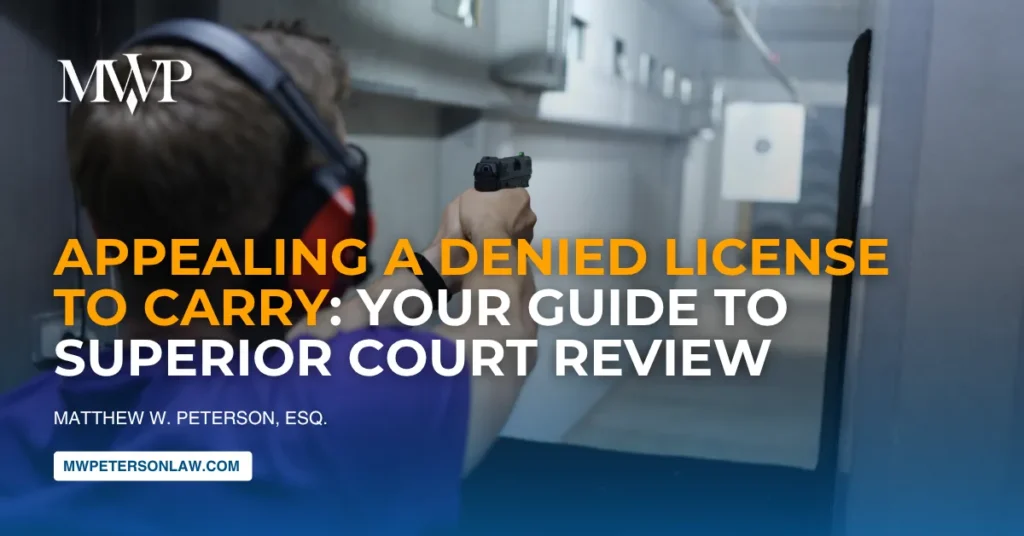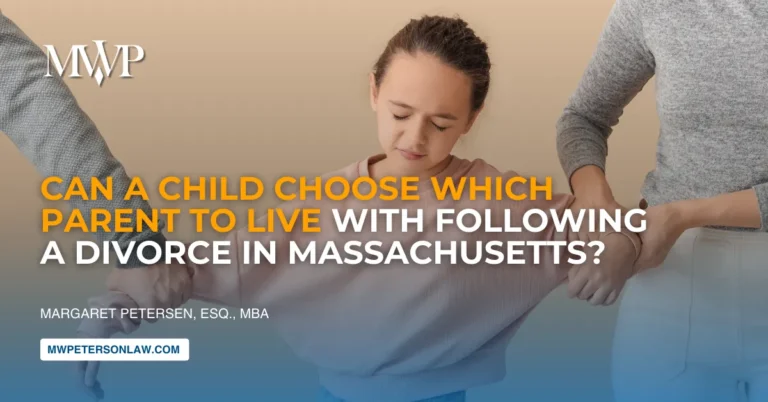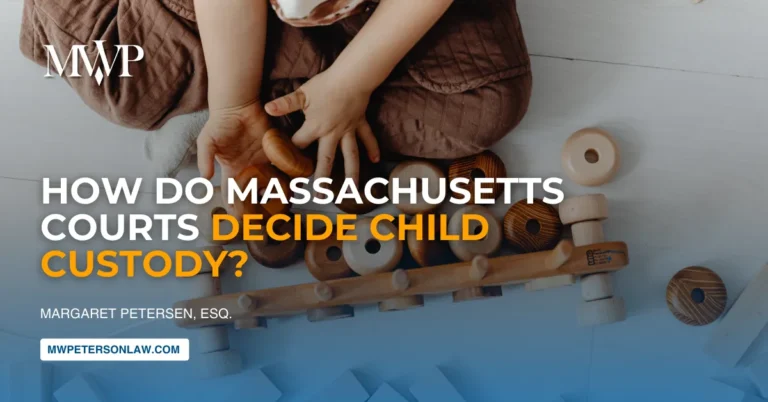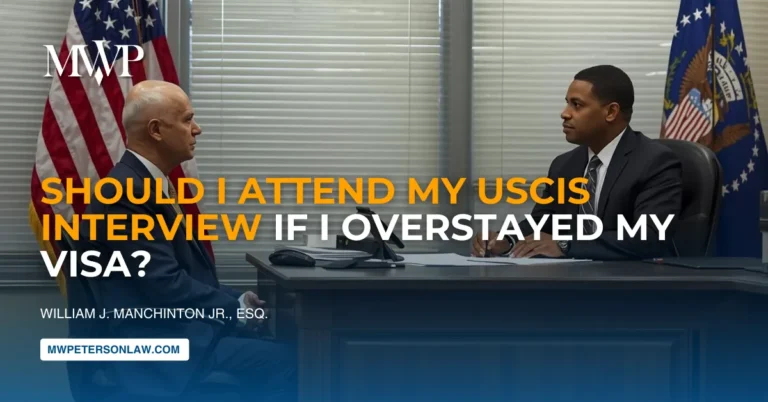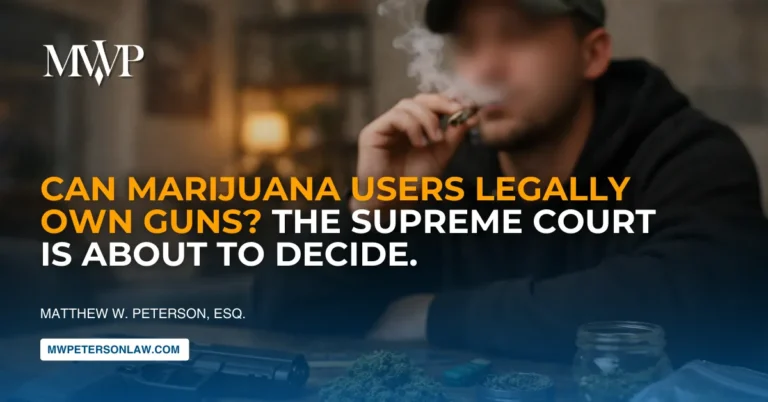Appealing your denied License to Carry (LTC) in district court can feel like the end of the road. But Massachusetts law gives you one more chance to fight back through the Superior Court. Here’s what you need to know about this process—and why acting quickly is critical.
The 60-Day Deadline: Time is Not on Your Side
If the district court denies your petition for review, you have exactly 60 days from the date of the decision to file your appeal with the Superior Court. This isn’t a suggestion—it’s a hard deadline. Miss it, and you lose your right to appeal entirely.
During those 60 days, you need to file a Petition for Certiorari Review under M.G.L. ch. 249, §4. You also need to properly serve all the parties, including the district court justices (as nominal respondents) and the police department that denied your license. Getting these procedural steps right matters because technical mistakes can derail your appeal before it even starts.
Understanding the Limited Scope of Review
Here’s the hard truth about Superior Court appeals: they’re extremely limited. You can’t introduce new evidence or argue new facts that weren’t part of your district court hearing. The Superior Court only reviews what’s already in the record from the district court proceedings.
The judge’s job is to look for “substantial errors of law apparent on the record adversely affecting material rights.” That’s the legal standard, and it’s a high bar to clear. The Superior Court isn’t reconsidering your case from scratch—it’s checking whether the district court made significant legal mistakes.
The Double Deference Problem
If you’re thinking this sounds like an uphill battle, you’re right. The appeal process involves what lawyers call “double deference,” and it works against you at every level.
First, the district court gives deference to the police chief’s decision. The court assumes the chief acted reasonably unless you can prove the decision was “arbitrary, capricious, or an abuse of discretion.” That’s already a tough standard.
Then, the Superior Court gives deference to the district court’s decision. The Superior Court won’t reverse just because they might have decided differently—they’ll only reverse if the district court made a clear legal error that harmed your rights.
This means you’re fighting an uphill battle twice over. The system is designed to respect the decisions made at each level below, making it difficult to win on appeal.
When an Appeal Makes Sense
Given these challenges, not every denied LTC appeal is worth taking to Superior Court. You need a strong legal issue—something the district court got clearly wrong as a matter of law.
Examples might include: the district court applied the wrong legal standard, relied on information that doesn’t legally support a finding of unsuitability, ignored required considerations like evidence of rehabilitation, or made findings that directly contradict the evidence in the record.
Simply disagreeing with the district court’s conclusion usually isn’t enough. You need to show that the court made a substantial legal error, not just that you think they weighed the evidence wrong.
The Constitutional Questions
Recent U.S. Supreme Court decisions, particularly New York State Rifle & Pistol Ass’n v. Bruen, have raised serious questions about Massachusetts’ licensing system. The Supreme Judicial Court acknowledged in Commonwealth v. Guardado that “possession of a firearm outside the home is constitutionally protected conduct.” These developing constitutional issues may provide grounds for appeal in appropriate cases.
Get Help from Experienced Firearms Attorneys For Denied License to Carry
Superior Court appeals are technical, time-sensitive, and legally complex. You need an attorney who understands both the procedural requirements and the substantive law of firearms licensing in Massachusetts. If your LTC appeal was denied in district court and you’re considering your options, contact the Law Office of Matthew W. Peterson at 617-295-7500. We know how to navigate these appeals and fight for your Second Amendment rights.

